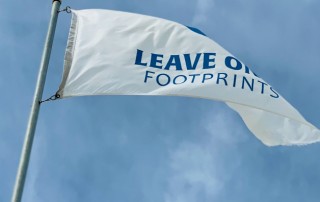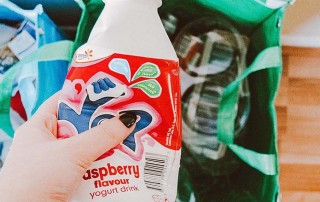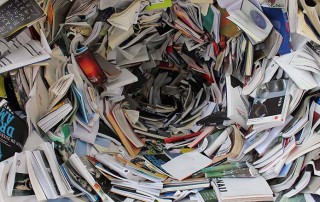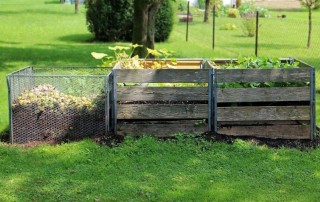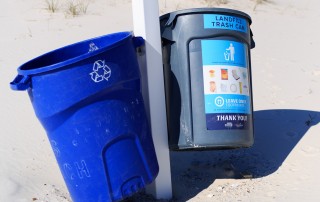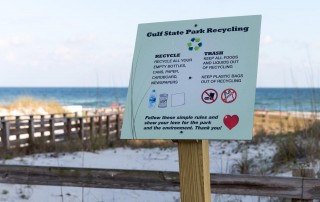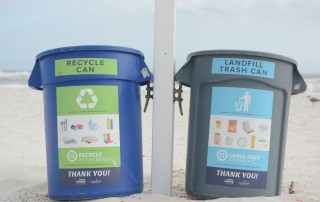10 Ways to Make a Difference on America Recycles Day
National Recycling Day, also known as America Recycles Day, is a Keep America Beautiful national initiative. November 15 is dedicated to promoting and celebrating recycling in the United States. Below are 10 ideas to help you and your family get started on your clean-environment efforts! Set up recycling stations at home, work and school. Provide easily identifiable sorting bins for plastics, aluminum, glass and paper. Write a promise to the planet for how you will reduce, reuse or recycle. Upcycle [...]

